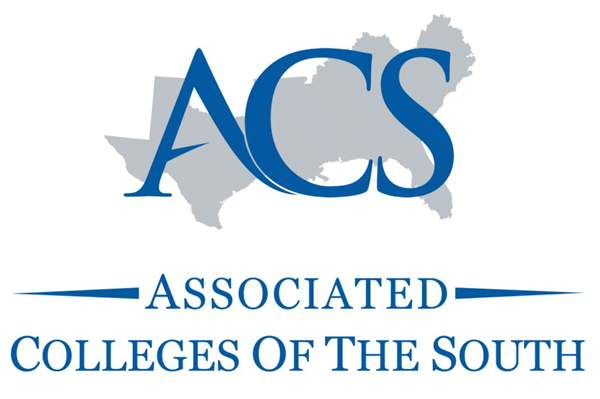As presidents of the sixteen member institutions of the Associated Colleges of the South, we stand united in firm opposition to the recent policy change announced by the Immigration and Customs Enforcement (ICE) that denies international students the full access to their education should their institutions need to return to fully online instruction. We urge an immediate return to the Spring 2020 guidelines.
The Associated Colleges of the South is a consortium of 16 residential liberal arts colleges in the south. Our member institutions provide a high quality, student-centered holistic education in a personal classroom setting with relatively small classes and high levels of interaction, and outside the classroom where interactions and connections with others facilitate deep learning and growth. Together we educate 1,328 F-1 visa holders each year.
During the spring of 2020, as a result of the pandemic, all of our campuses had to suspend face-to-face instruction, send the majority of our students home, and rapidly turn to fully online instruction. Yet, many of the characteristics that distinguish our campuses in normal times, continued remotely. Classes continued to emphasize oral and written communication, problem solving, critical thinking, the seeking of connections between in- and out-of-class experiences and connections among a variety of disciplines. Students continued to have the opportunity to maintain their out-of-the classroom experiences virtually: participation in student government, mentored research, project-based internships, online office hours, and online student activities.
Many of our campuses remained open to our international students. Then, and now, international students face barriers to learning if they cannot remain on campus. A return to their home country would inhibit full participation in synchronous online learning and online co-curricular activities. For many, their education would be compromised by differences in time zones, reliable access to the internet, and, in some cases, censorship of material. In addition, once the pandemic eases, there would be long delays in their ability to return and resume their education.
Not only will this compromise our international students’ college experience, all our students would be deprived of the diversity, range of ideas and perspectives, and exposures to global cultures by the extraction of our international students.
We stand with our international students and their desire for a high quality residential liberal arts experience in advocating for an extension of the temporary exemptions until the pandemic is over.
Stephanie L. Fabritius
President
Associated Colleges of the South
On behalf of these ACS Member Colleges and their Presidents:
| Daniel B. Coleman President Birmingham-Southern College | W. Ellis Arnold III President Hendrix College | Mary Schmidt Campbell President Spelman College |
| Christopher L. Holoman President Centenary College of Louisiana | Robert W. Pearigen President Millsaps College | Danny J. Anderson President Trinity University |
| Milton C. Moreland President Centre College | David A. Thomas President Morehouse College | Ronald A. Crutcher President University of Richmond |
| Carol Quillen President Davidson College | Marjorie Hass President Rhodes College | Reuben Brigety, II Vice-Chancellor and President The University of the South |
| Elizabeth Davis President Furman University | Grant H. Cornwell President Rollins College | Wiiliam C. Dudley President Washington and Lee University |
| Laura Skandera Trombley President Southwestern University |
